Foods to Avoid if You Have Anxiety

The fiber in whole fruit fills you up and slows down how your blood takes in energy. Without that fiber, you’re just drinking nutritious sugar-water that can quickly hype you up -- and bring you down just as fast. That can leave you hungry and angry -- “hangry.” That won't help anxiety and depression. Eat your fruit whole. When you’re thirsty, drink water.

There's no win for you here: It has all of the blood-spiking sugar of fruit juice with none of the nutrition. Sugar-sweetened drinks like soda have a direct link to depression, too. If you crave a pop, try seltzer water with a splash of juice instead. It'll give you a bubbly fix without too much of the stuff you don't need.
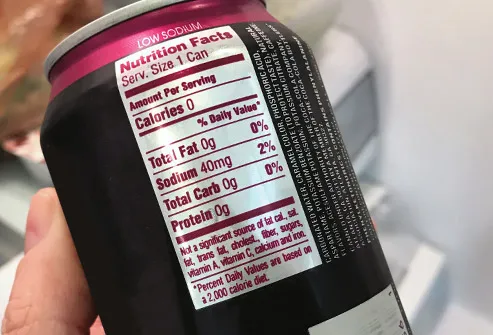
No sugar, so no problem, right? Not exactly. You may not have the energy crash that comes with having too much sugar, but diet soda may make you depressed. In fact, it could make you feel more down than its sugary cousin would. Too much of the caffeine that many sodas have can be bad for anxiety, too.
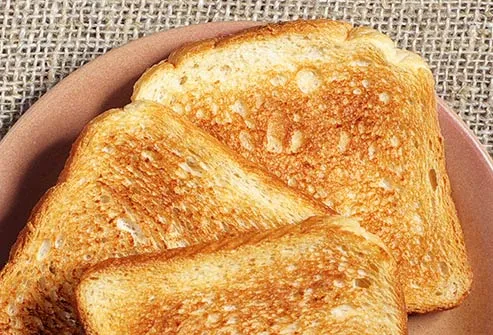
Wait, toast?! If it's made from white bread, yes. The highly processed white flour it's made from quickly turns to blood sugar after you eat it. That can cause energy spikes and crashes that can be bad for anxiety and depression. You can have your toast -- and eat it, too. Just use whole-grain bread.
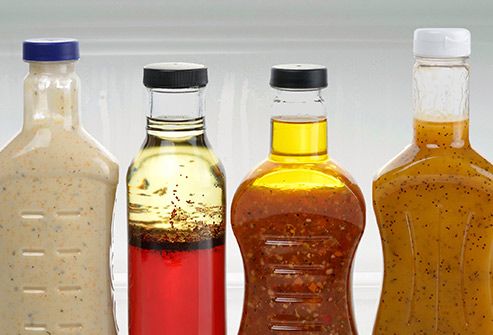
You might know to avoid some pre-packaged dressings and marinades loaded with sugar, often listed as “high-fructose corn syrup.” But what about “light” or “sugar-free” dressings? Many get their sweetness from aspartame, an artificial sweetener linked to anxiety and depression. Check the ingredients or, better yet, make your dressing at home from scratch.
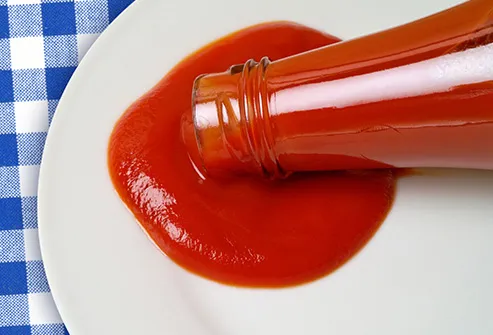
It’s mostly tomatoes, right? Well, yes, and sugar, lots of sugar. Four grams per tablespoon, to be exact. And the “light” stuff may have artificial sweeteners that could be linked to anxiety and depression. Try homemade tomato salsa instead. Want a little kick? Add a bit of cayenne pepper.

If you’re not used to it, the caffeine in it can make you jittery and nervous. It could also mess up your sleep. Neither helps anxiety or depression. Caffeine withdrawal can make you feel bad, too. If you think it causes you problems, cut caffeine out of your diet slowly. If you’re OK with it, or drink decaf, coffee can actually help make you feel less depressed.
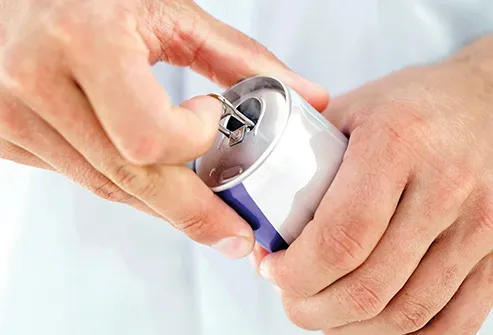
They can cause weird heart rhythms, anxiety, and sleep issues. That’s because it’s not always easy to know the sky-high caffeine levels hidden in ingredients like guarana. These beverages often have loads of sugar or artificial sweeteners, too. Drink water if you’re thirsty. Want a sugar hit? Eat a piece of fruit.
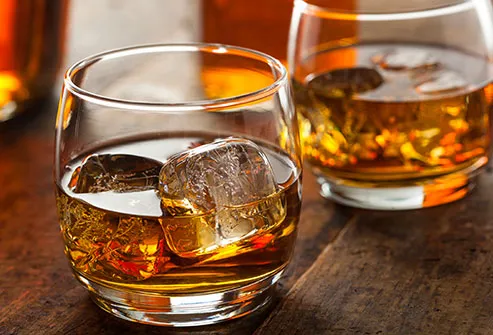
Even a little can mess up your sleep. Not enough rest can raise anxiety and cause depression. Too many ZZZs can cause even more problems. That said, a drink could calm your nerves and make you more sociable. That can be good for your mental health. The key is dosage: A drink a day for women, and two a day for men, is the limit.
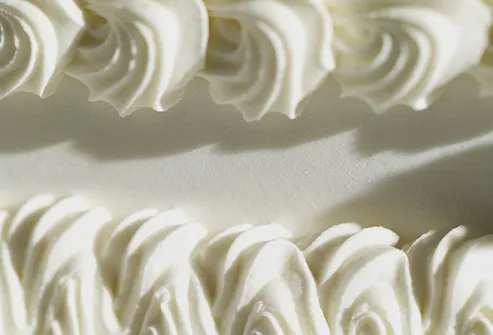
It’s the sugar, right? Well, yes, but that’s not all. It’s also loaded with around 2 grams of "trans fats" per serving. They're linked to depression. Sometimes called “partially hydrogenated oils,” they’re also in fried foods, pizza dough, cakes, cookies, and crackers. Check your labels. If you do eat fat, make it the “good” kind you get from foods like fish, olive oil, nuts, and avocado. Those can lift your mood.
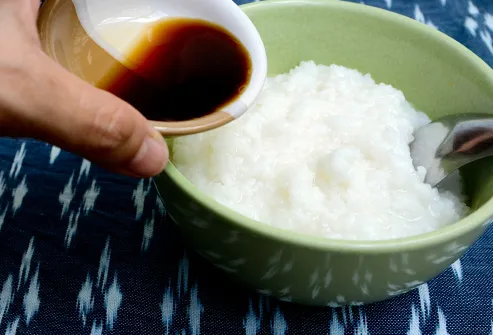
This one is only for people who are sensitive to gluten. In addition to breads, noodles, and pastries, it’s also in prepackaged foods like soy sauce. If you’re sensitive to gluten, it can cause anxiety or depression. It can also make you feel sluggish and not at your best. Check labels and try to steer clear.
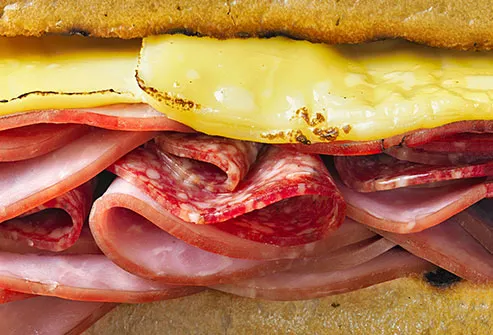
If you eat lots of processed meat, fried food, refined cereals, candy, pastries, and high-fat dairy products, you’re more likely to be anxious and depressed. A diet full of whole fiber-rich grains, fruits, vegetables, and fish can help keep you on a more even keel.
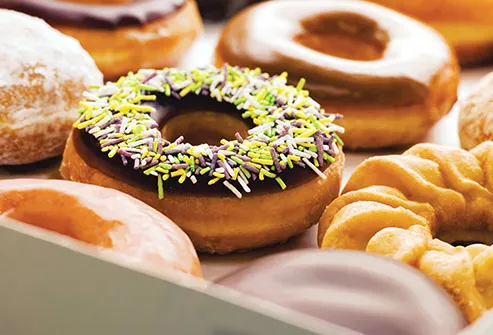
We all love them, and little treats now and then can help your mood. But just so you know: Doughnuts have all the wrong kinds of fats, snow-white flour with little fiber to slow absorption, and lots of added sugar. So, if you must, make them a treat, not a routine.